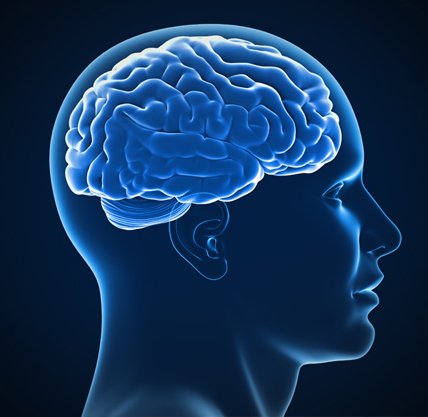The San Francisco Chronicle brings us news of a San Diego area company called No Lie MRI which hopes to make lying obsolete. The group uses fMRI to examine whether the subject’s brain has activity in regions associated with real memories or more “creative versions” of the truth. Already NLMRI claims to have 50 customers:
Ensconced in an MRI machine in Newport Beach, these customers will answer questions while a slew of images reveals when and where there is heightened activity in their brains — theoretically indicating the creation of deception. The company claims 50 prospective customers already, including wives who want to assure their husbands of their sexual fidelity, fathers fighting accusations of child molestation in child-custody disputes, and one California defendant the company won’t identify who faces the possibility of a death penalty unless he can convince a jury of his innocence.
No Lie MRI’s high-tech “truth tester,” which relies on functional magnetic resonance imaging, is based on research done at the University of Pennsylvania. It is one of several new methods entrepreneurs hope will supplant the established but not-too-reliable polygraph. Other techniques include analyzing brain waves by strapping electrodes to a subject’s head, measuring heat around the eye area via thermal imaging, and recording facial micro-expressions that leak emotion (the latter is the work of the renowned Paul Ekman, professor emeritus of psychology at UCSF).
Of course, the technology is nothing without an ethics debate…
Skeptics already complain that No Lie MRI and another company, Cephos Corp. of Massachusetts, are rushing to market with technology that has not been rigorously tested to know how reliable it is. (The Cephos system is based on similar MRI research at Medical University of South Carolina.) Other lie-detector technologies are in various states of development.
“The worst thing to come of all this would be widespread inaccurate lie-detector testing — and that’s a very, very real fear,” said Hank Greely, law professor at Stanford University. “The wild card is the intelligence community, which everyone believes is actively pursuing research in this area. … This is a debate that has got to be conducted in the open.”
The American Civil Liberties Union, concerned about potential abuse in the name of the war on terror, has filed a Freedom of Information Act request to disclose any government research and applications of MRI and other cutting-edge lie detectors.
“There are certain things that have such powerful implications for our society — and for humanity at large — that we have a right to know how they are being used so that we can grapple with them as a democratic society,” said Barry Steinhardt, director of the ACLU’s Technology and Liberty Project. “These brain-scanning technologies are far from ready for forensic uses, and if deployed will inevitably be misused and misunderstood.”
Minority Report, anyone? A “perfect” lie detector test potentially represents the most profound change in the concept of a justice system. Of course, an irrefutable system becomes the primary target for abuse. If the lie detector is never wrong, then a faked lie detector result would be a powerful thing. We have a suspicion that no amount of research could convince the ACLU that this device was trustworthy.

Discover The World's MOST COMPREHENSIVE Mental Health Assessment Platform
Efficiently assess your patients for 80+ possible conditions with a single dynamic, intuitive mental health assessment. As low as $12 per patient per year.

